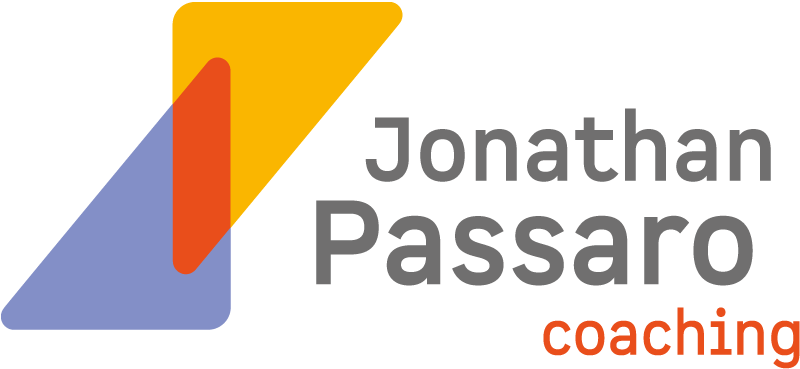You’re Too Busy to be “Too Busy”
Most people would never start a complex project without first developing a roadmap. Even when time is short, we recognise that diving straight into work without giving any thought to at least a basic plan of attack is inefficient at best. In particular, it is important to consider:
allocation of resources;
key steps and the order in which to do them;
cooperation with other stakeholders;
events likely to have an impact on the work to be completed.
And yet very few people undertake the same exercise when it comes to their day-to-day work, usually because they are “too busy” to do so. The reasoning typically goes something like this: “when there are so many urgent things on my desk, how could I possibly justify blocking off time in my calendar to take stock of how I work?”
But when you think about it, how can you justify not taking the time to do so? After all, an hour or so invested every few weeks in thinking seriously about ways to work more effectively would result in many more hours of time saved through increased productivity.
It is easy to convince yourself that you work as efficiently as possible, particularly if you have been doing your job for some time. Falling victim to this sort of complacency costs you needless time and energy, for two reasons.
First, because everyone’s work evolves over time, your working methods have to evolve, too. Whether it’s the implementation of new tools, a change in procedure implemented by another department, or the arrival of new colleagues, the list of events that could have an impact on your work is long—even if your work is supposed to be more or less independent.
Second, because you as an individual evolve over the course of your career, the way you work has to change along with it. You never stop learning over the course of your career; you create and reinforce relationships with clients and colleagues, and you also develop an increasingly complex vision of the work that you do. It is important to ensure that the way in which you work evolves in line with these changes, particularly to take into account what you learn as time goes by. This evolution is what allows you to achieve maximum return on your hard-won experience, by translating what you learn into efficiency gains.
The upshot: if you have too many things to do and not enough time in which to do them, set aside some time periodically to think critically about how it is you work and what improvements you can make. Ask yourself questions like:
What additional tools — or what functionalities in tools you already use — are available to facilitate your work?
What opportunities are there to improve synergies with other stakeholders?
What tasks should you delegate to others, or eliminate altogether?
How can you organise your day so that it is best aligned with your natural rhythm of productivity (for example, most people concentrate best in the morning, meaning it’s an ideal time to block off focussed work time for engaging in complex tasks)?
While the list of questions will vary from one industry to another, the important thing is to take a systematic approach and to be rigorous in your analysis. This will allow you to develop new approaches to work that you can test out, and whose efficacy you can evaluate as you continue this exercise in the future.
That way, you can ensure you are always gaining in efficiency.
Need more hours in the day?
Stop losing time and energy unnecessarily. Book a free consultation to speak with Jon about how to regain control over your schedule.
